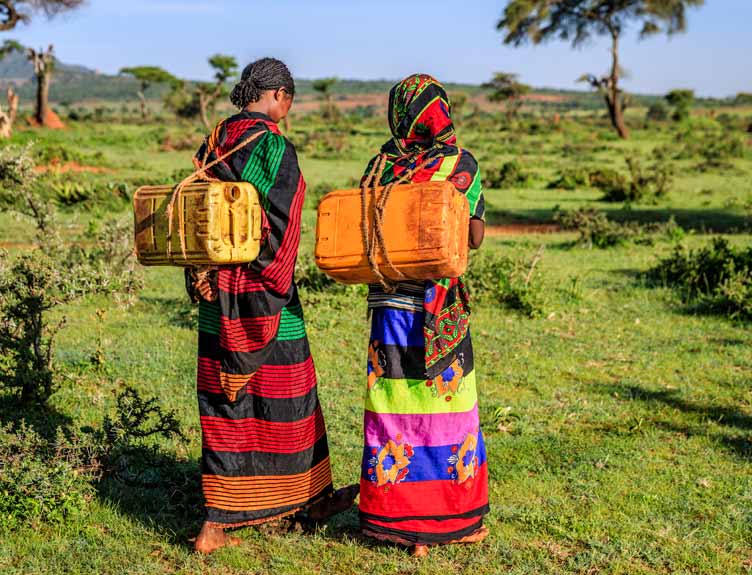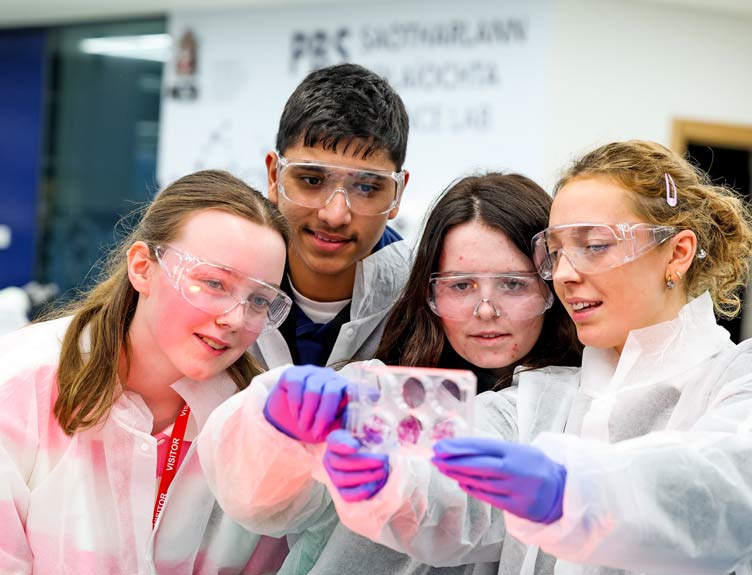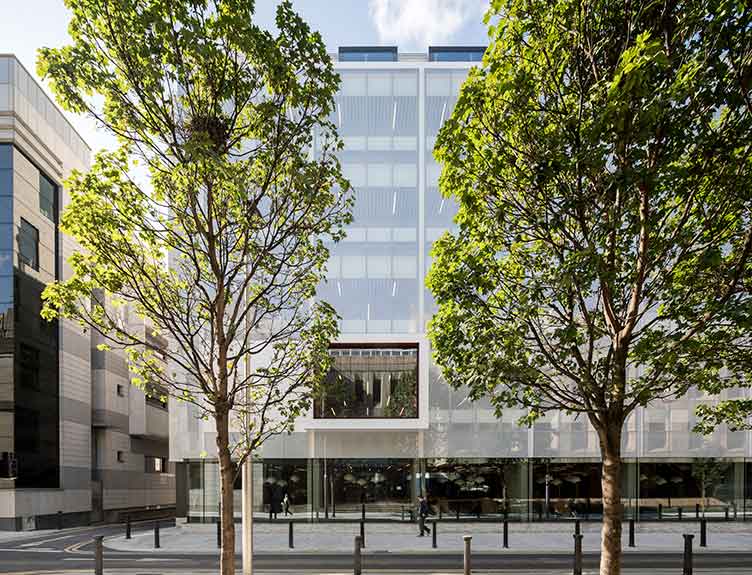RCSI research highlights the need for clean drinking water in Northern Ethiopia

A new study by RCSI has found alarming rates of diarrhoea and malnutrition in children under five years in the Tigray Region of Northern Ethiopia.
Of the 610 children monitored in this study, the incidence of diarrhoea among 6-59 month-old children in the two weeks preceding the day of the interview day was 27.2%. The prevalence of stunting, underweight and wasting were 36.1%, 37% and 7.9%, respectively.
The research is published in PLOS ONE.
The study looked at how diarrhoea and malnutrition were associated with each other and how environmental factors affected both. The vast majority (98%) of the respondents were the mothers of the children; the remaining 2% were caregivers older than 18 years.
In regard to hand washing habits of mothers at critical times, the majority 93.9% were partially washing at all time. More than half, (60.2%) of the mothers used soap for hand washing.
The challenge for most households centred on access to clean water sources. About a third of respondents reported that they spent 30 minutes to access their main water source, and 33.2% of them travelled a round-trip from 60-120 minutes to fetch water. Household water treatment (any means) was practiced among 150 (24.6%) households.
Co-author and coordinator of the study, Professor Kevin McGuigan, Associate Professor of Physiology and Medical Physics at RCSI said: "Access to clean water was the main problem in the study area. Improving access to clean water and providing further health education on hygiene and proper waste disposal could reduce rates of diarrhoea in the study area."Our WATERSPOUTT project will hopefully bring relief to people who have some of the most limited access to clean drinking water."
First launched in 2016, the WATERSPOUTT project is designing, piloting and bringing to market three novel solar based technologies, which are solar rainwater reactors, solar jerrycans and solar-ceramic filtration.
This project has received funding from the European Union's Horizon 2020 research and innovation programme under grant agreement No 688928.
RCSI is ranked among the top 250 (top 2%) of universities worldwide in the Times Higher Education World University Rankings (2019) and its research is ranked first in Ireland for citations. It is an international not-for-profit health sciences institution, with its headquarters in Dublin, focused on education and research to drive improvements in human health worldwide. RCSI has been awarded Athena Swan Bronze accreditation for positive gender practice in higher education.



